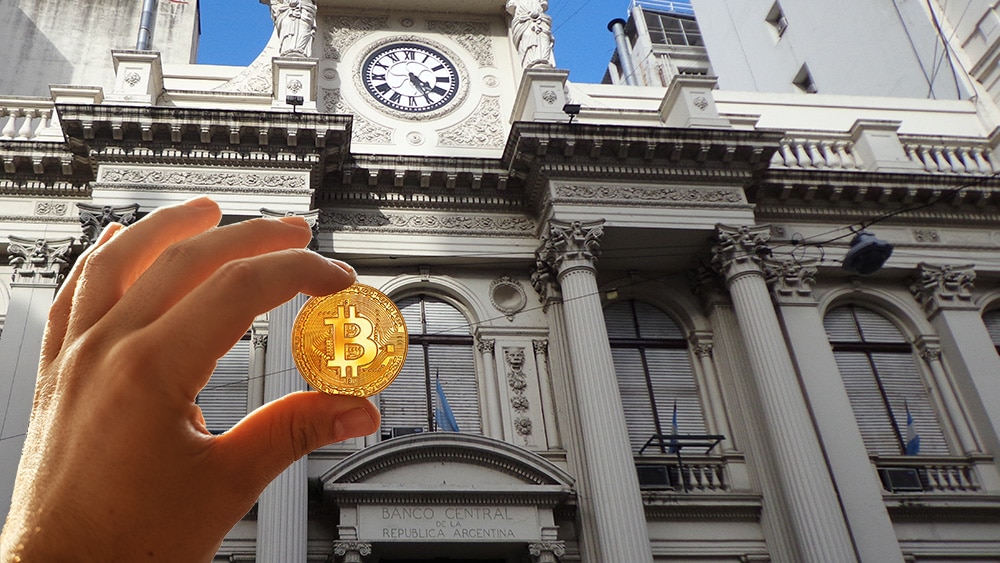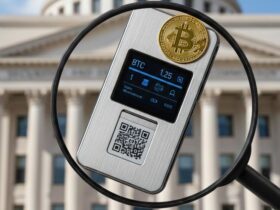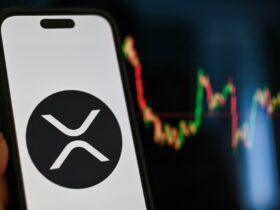Cryptocurrency adoption continues to rise in Argentina due to several years of high inflation.
The project seeks to allow the BCRA to decide how much of its reserves it will store in bitcoin.
Argentine deputy Martín Yeza used the social network The congressman, a member of the Republican Proposal (PRO) party, has presented the initiative in the Finance Commission of the Chamber of Deputies.
According to current legislation, the Central Bank of the Argentine Republic (BCRA) is not authorized to purchase or hold unregulated assets as reserves. However, the proposed bill would not only allow the institution manage bitcoin within your reserves, but also mine the asset.
In a video Published in X, Yeza suggests that the country should allocate 1% of its reserves to bitcoin. However, he clarifies that this idea is not his original, but is inspired by a article by Santiago Siri, a cryptocurrency enthusiast who, back in 2014, recommended Argentina and other countries consider investing in the leading crypto asset, with the aim of strengthening their position in the international financial system.
The PRO deputy acknowledged that his project has no chance of being approved before the end of the year and made it clear that, to move forward, will need the support of president Javier Mileiwho has previously been in favor of bitcoin.
It is worth highlighting that on October 19, President Javier Milei participated in the first edition of the Tech Forum in Argentina, an event attended by investors, businessmen and opinion leaders on the cryptocurrency sector. Among the attendees stood out Dominic WilliamsCEO of the Foundation DFINITYand Julian Pehco-founder of KIP protocolan innovative project focused on the integration of decentralized artificial intelligence (DeAI) with the educational field.
During the event, Milei was one of the speakers and noted that “technological progress generates increasing returns,” adding that problems arise when “politicians, noticing these returns, associate them with monopolies and want to regulate them.” The president also took advantage of the occasion to highlight that “the problem is not technology but politicians,” and expressed his desire for Argentina to become “a refuge for those who bet on technological development.”

Martín Yeza’s proposal not only highlights the growing interest in bitcoin as a tool to mitigate the effects of inflation and strengthen national reservesbut also highlights the discussion about how governments can diversify their assets. A notable case is that of El Salvador, which in 2021 became the first country to officially adopt bitcoin as legal tender, and has maintained BTC reserves since then, seeking to harness the potential of the crypto asset to strengthen its economy.
In fact, government adoption of bitcoin could be about to become a global trend. Let us remember that Donald Trump, recently elected president of the United States, promised during his campaign to create a strategic reserve of the leading digital asset. With this proposal, BTC seized by the US government would be preserved as a financial security fund, which could usher in a wave of nations buying bitcoin.
The reality is that Argentina has already missed significant opportunities to take advantage of bitcoin’s potential as a haven of value, but there is still time. A recent example cited by CriptoNoticias dates back to the beginning of Javier Milei’s mandate. If the president had decided to allocate 1% of the BCRA’s reserves to bitcoin, today, with the price of the crypto asset exceeding USD 93,000, that investment would have experienced a appreciation greater than 100%. This data highlights how a small allocation in cryptocurrencies, at a strategic time, can generate a considerable benefit for a country’s reserves.






Leave a Reply